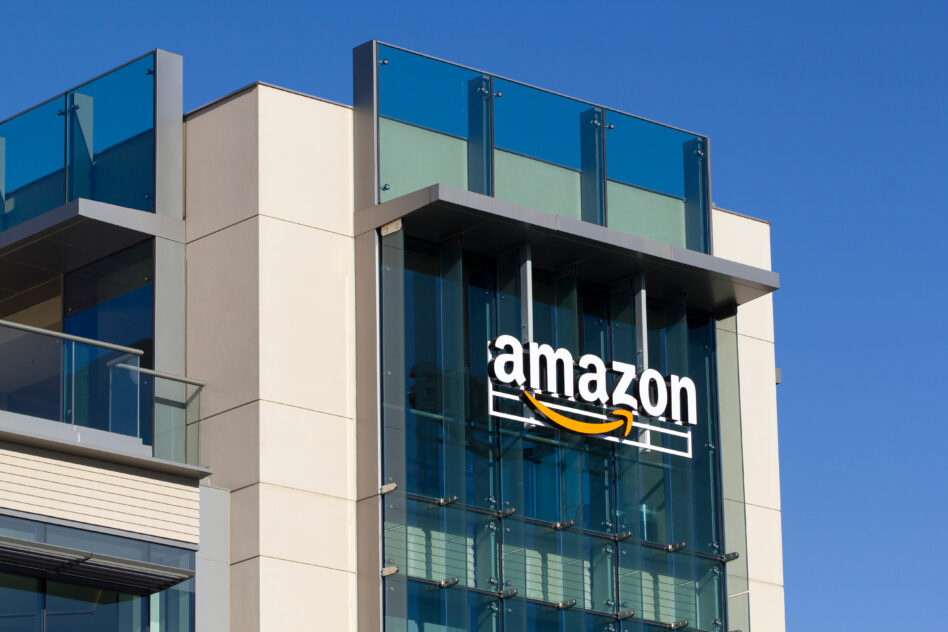
Image Source: Tada Images / Shutterstock.com
Three of the EU’s most significant antitrust cases have concluded this week after Amazon agreed to a settlement. The cases related to allegations that Amazon had gained an unfair advantage over third-party sellers. This had related to various aspects of Amazon’s business practices, including making Amazon products more visible to customers than items from third-party sellers.
Amazon’s use of third-party sellers’ data was at the forefront throughout the case, with clear allegations that the tech company was using nonpublic information to gain an unfair advantage over third-party sellers. Breaches of the settlement agreement could lead to fines of up to 10% of Amazon’s global revenue.
The first case involved charges of Amazon leveraging data to provide its products with an advantage over other sellers using the Amazon marketplace. The second case also related to Amazon providing an unfair advantage to its products, whilst the third case involved antitrust charges relating to delivery and logistics. Some of the nonpublic information used to gain this advantage included seller’s
One of the main aspects of the settlement relates to the items Amazon includes in its buy box. Previously, the box, which included ‘Buy Now’ and ‘Add to Basket’ buttons, only included Amazon’s own products. European customers will now also see a competing offer from a third-party seller. This is one of the key steps Amazon will have to take in the settlement in order to address the unfair advantage over third-party sellers.
The agreement included provisions for Amazon to stop using the seller’s data to gain an unfair advantage in selling its products. As part of the agreement, Amazon will also need to display information more clearly about competitors’ products, especially where there is a substantial difference in price. The agreement will ensure a broader range of available options where third-party sellers were previously limited in logistics and delivery choices.
This settlement is the latest in a series of high-profile regulatory cases between the EU and multinational tech companies. Recent high-profile antitrust cases have related to Meta, Google, and Apple as the EU takes clear steps to challenge regulatory breaches by these companies. The regulatory landscape continues to bolster this approach as the Digital Markets Act is set to effect in the European Union in 2024. This act aims to create more competition and comes in response to criticisms that big tech companies are monopolizing the market.
Whilst Amazon has challenged many of the allegations made in these cases, the company has stated that the settlement was made to continue serving European markets. The agreement stipulates that a fine could result not just from breaches of antitrust law but also from breaches of the settlement agreement. Including wide-ranging provisions for third-party sellers, the agreement includes substantial provisions to address unfair advantages uncovered by the European Commission.

Image Source: Tada Images / Shutterstock.com
Three of the EU’s most significant antitrust cases have concluded this week after Amazon agreed to a settlement. The cases related to allegations that Amazon had gained an unfair advantage over third-party sellers. This had related to various aspects of Amazon’s business practices, including making Amazon products more visible to customers than items from third-party sellers.
Amazon’s use of third-party sellers’ data was at the forefront throughout the case, with clear allegations that the tech company was using nonpublic information to gain an unfair advantage over third-party sellers. Breaches of the settlement agreement could lead to fines of up to 10% of Amazon’s global revenue.
The first case involved charges of Amazon leveraging data to provide its products with an advantage over other sellers using the Amazon marketplace. The second case also related to Amazon providing an unfair advantage to its products, whilst the third case involved antitrust charges relating to delivery and logistics. Some of the nonpublic information used to gain this advantage included seller’s
One of the main aspects of the settlement relates to the items Amazon includes in its buy box. Previously, the box, which included ‘Buy Now’ and ‘Add to Basket’ buttons, only included Amazon’s own products. European customers will now also see a competing offer from a third-party seller. This is one of the key steps Amazon will have to take in the settlement in order to address the unfair advantage over third-party sellers.
The agreement included provisions for Amazon to stop using the seller’s data to gain an unfair advantage in selling its products. As part of the agreement, Amazon will also need to display information more clearly about competitors’ products, especially where there is a substantial difference in price. The agreement will ensure a broader range of available options where third-party sellers were previously limited in logistics and delivery choices.
This settlement is the latest in a series of high-profile regulatory cases between the EU and multinational tech companies. Recent high-profile antitrust cases have related to Meta, Google, and Apple as the EU takes clear steps to challenge regulatory breaches by these companies. The regulatory landscape continues to bolster this approach as the Digital Markets Act is set to effect in the European Union in 2024. This act aims to create more competition and comes in response to criticisms that big tech companies are monopolizing the market.
Whilst Amazon has challenged many of the allegations made in these cases, the company has stated that the settlement was made to continue serving European markets. The agreement stipulates that a fine could result not just from breaches of antitrust law but also from breaches of the settlement agreement. Including wide-ranging provisions for third-party sellers, the agreement includes substantial provisions to address unfair advantages uncovered by the European Commission.



